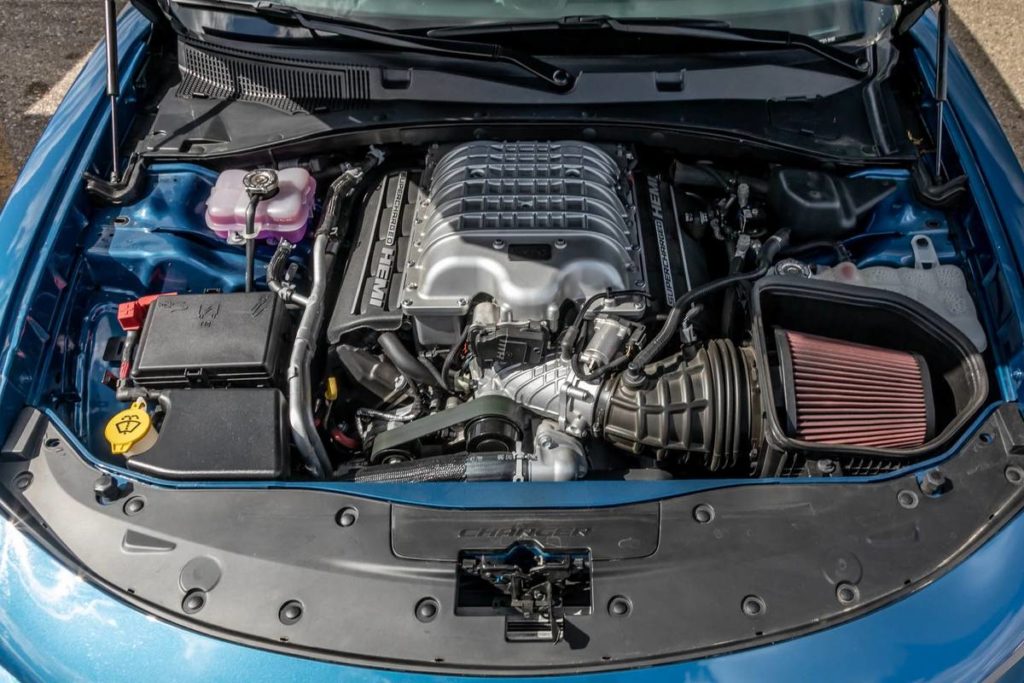Yes, carbon build up can cause misfire. Carbon deposits on the spark plugs, valves, and pistons can interfere with proper ignition and fuel combustion, leading to engine misfires.
Carbon build-up is a common issue faced by car owners. It occurs due to incomplete burning of fuel in the combustion chamber. As a result, carbon deposits accumulate on the spark plugs, valves, and pistons, interfering with proper ignition and fuel combustion.
If left unaddressed, the problem can result in engine misfires, decreased fuel efficiency, and poor performance.
In this article, we will discuss how carbon build-up causes misfires, how to diagnose and prevent it, and potential solutions.

Credit: www.atscarbonclean.com
What Is Carbon Build Up In Engines?
Carbon build-up is a common engine problem. It refers to a deposit of carbon that accumulates inside the engine over time. This deposit often forms on the engine valves, spark plugs, and other components of the engine. The causes of carbon build-up are numerous, including poor fuel quality, short trips, and low-quality oils.
Understanding the effects of carbon build-up is important, as it can cause misfires, reduce fuel economy, and decrease engine performance.
In severe cases, it can lead to engine damage. But don’t worry, regular maintenance, including cleaning the engine and replacing air filters, can help prevent build-up and keep your engine running smoothly.
What Causes Carbon Build Up
Carbon build-up in engines is primarily caused by incomplete combustion of fuel, which leads to deposits forming on various engine components, particularly in direct injection engines. Contributing factors include:
- Fuel Quality: Low-quality fuels with fewer detergents.
- Driving Habits: Short trips or low RPM driving can prevent complete combustion.
- Engine Design: Direct injection engines are more prone to carbon deposits due to their design and fuel delivery method.
- Oil Consumption: Oil burning in the combustion chamber can contribute to deposits.
Addressing these factors can help minimize carbon build-up.
What Causes Carbon Buildup on Throttle Body?
Carbon buildup on the throttle body is primarily caused by the following factors:
- Fuel Combustion: Incomplete combustion of fuel can produce carbon deposits.
- Oil Vapors: Oil mist from the crankcase can enter the intake system, contributing to buildup.
- PCV System: A malfunctioning Positive Crankcase Ventilation (PCV) system can exacerbate the issue by allowing more oil vapor into the intake.
- Driving Conditions: Frequent short trips or low-speed driving can prevent the engine from reaching optimal operating temperatures, leading to more carbon deposits.
Regular maintenance and cleaning can help mitigate these issues.
Symptoms of Carbon Build Up
Diagnosing Carbon Build-Up-Related Misfires
Carbon build-up can cause misfires in engines, which can be diagnosed using specialized tools. Some common tools include borescopes, leak detectors, and compression testers. Carbon build-up can lead to a decrease in engine performance, such as rough idling and difficulty starting.
Symptoms of carbon build-up include misfires, engine hesitation, and decreased fuel efficiency. Diagnosing carbon build-up involves identifying the symptoms and using appropriate tools to check for build-up in the engine. In addition, regular maintenance and cleaning can help prevent carbon build-up.
How to Prevent Carbon Build Up?
To prevent carbon build-up on intake valves, consider these strategies:
- Use Quality Fuel: Choose fuels with detergents that help clean the fuel system.
- Regular Maintenance: Stick to recommended oil change intervals and replace air filters.
- Drive at Higher RPMs: Occasionally drive at higher RPMs to promote better combustion and reduce deposits.
- Carbon Cleaning Services: Schedule periodic professional carbon cleaning treatments, like walnut blasting.
- Consider Direct Injection Additives: Use fuel additives designed to reduce carbon deposits.
Implementing these measures can help maintain engine performance and efficiency.
How to Prevent Carbon Build Up Audi?
Preventing misfires due to carbon buildup in car engines is crucial to maintain optimal performance. Regular engine maintenance is important to ensure that carbon deposits don’t accumulate in the engine.
There are several tips and tricks for preventing carbon buildup, such as using high-quality fuel and oil, getting regular oil changes, driving at higher speeds, and avoiding short trips.
Additionally, using a fuel system cleaner or getting a professional cleanout can help keep carbon buildup at bay.
Remember, carbon buildup can cause misfires, leading to decreased engine performance and even engine damage. So, take preventative measures to avoid any problems caused by carbon buildup.
How to Prevent Carbon Build Up Direct Injection?
Frequently Asked Questions For Can Carbon Build Up Cause Misfire
What Are The Symptoms Of An Engine Misfire Caused By Carbon Build-Up?
Symptoms of an engine misfire caused by carbon build-up include rough idling, lack of power, hesitation, and even stalling.
How Can You Prevent Carbon Build-Up In An Engine?
To prevent carbon build-up in an engine, use high-quality fuel, regularly change the oil and air filter, and have the engine professionally cleaned from time to time.
Conclusion
After reviewing the information above, it is clear that carbon build-up can cause misfires in an engine. Over time, as the byproduct of combustion accumulates, it can hinder the engine’s performance, leading to symptoms such as rough idling, sluggish acceleration, and reduced power output.
Fortunately, there are plenty of preventative methods drivers can take to avoid carbon deposits in their engines. Regular tune-ups, fuel injector cleanings, and using top-quality fuel can all help keep dreaded misfire codes at bay. It’s important to note that while carbon build-up can be a common problem, it doesn’t always indicate a failing engine.
By staying on top of regular maintenance and addressing any potential issues as soon as they arise, your vehicle can continue running smoothly for years to come. So, be aware of the warning signs and take action as necessary to keep your engine running at its best.



